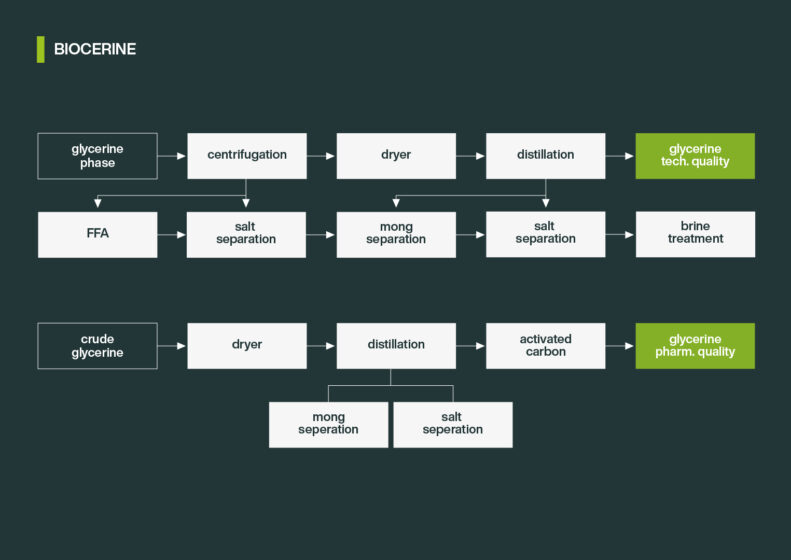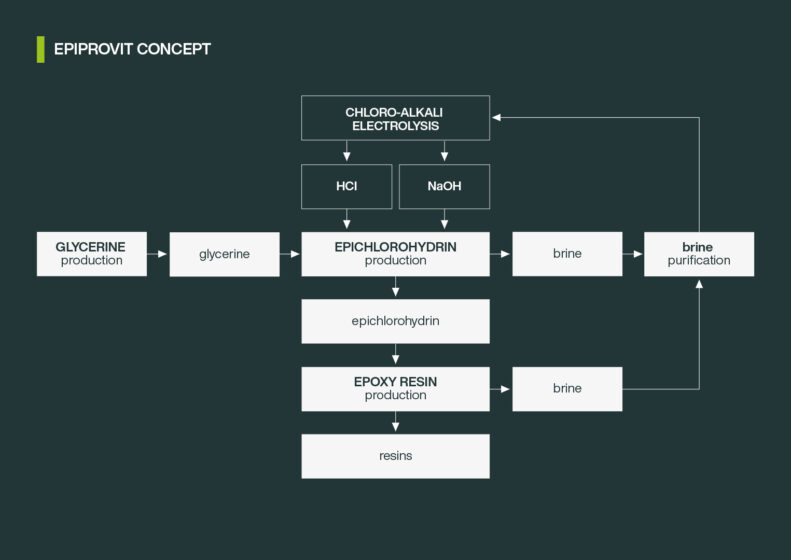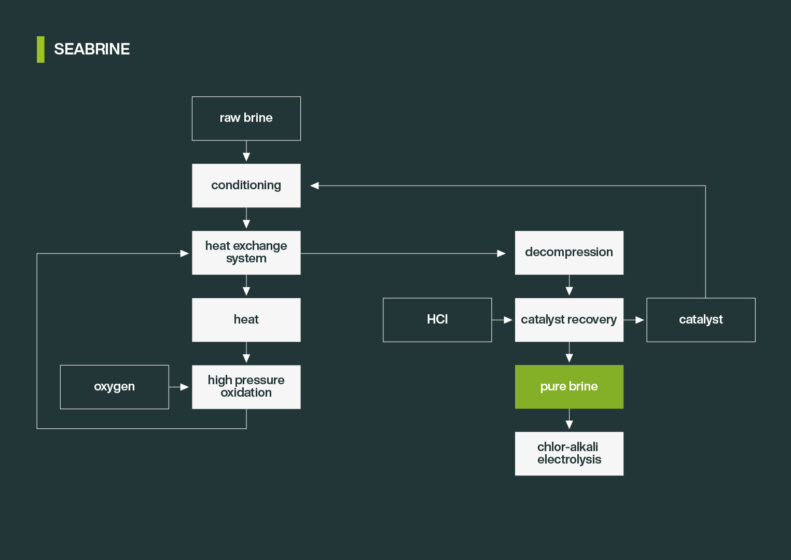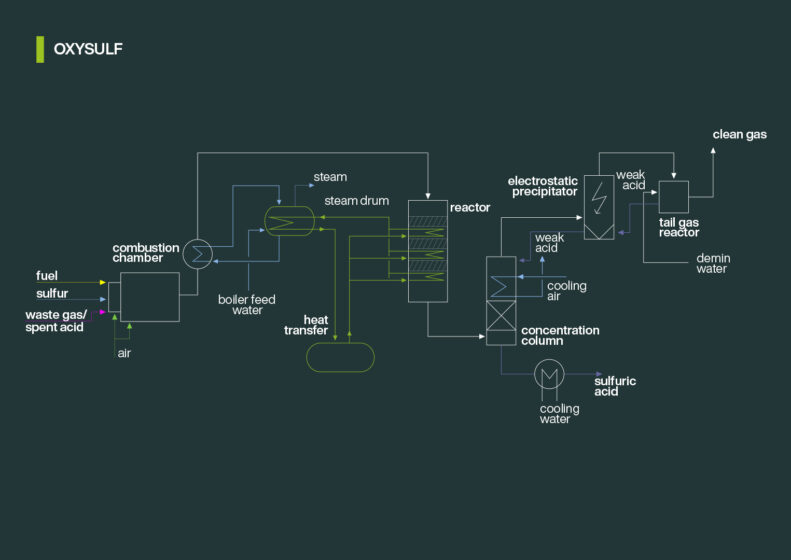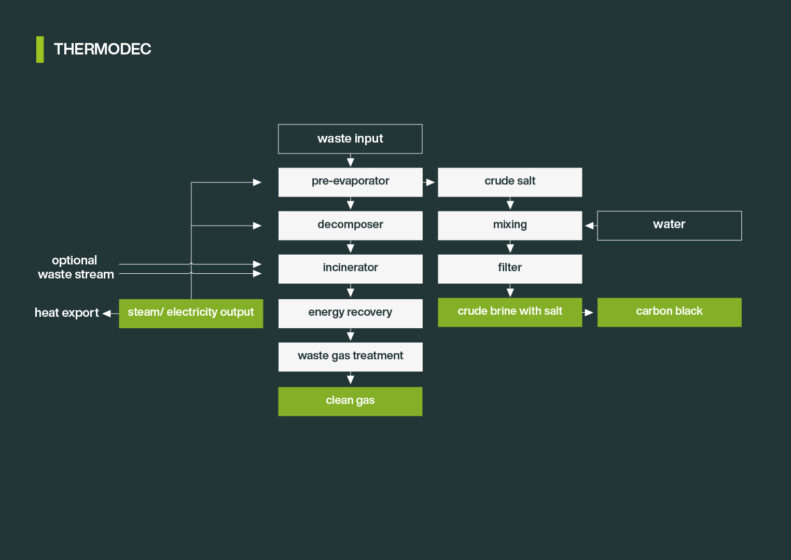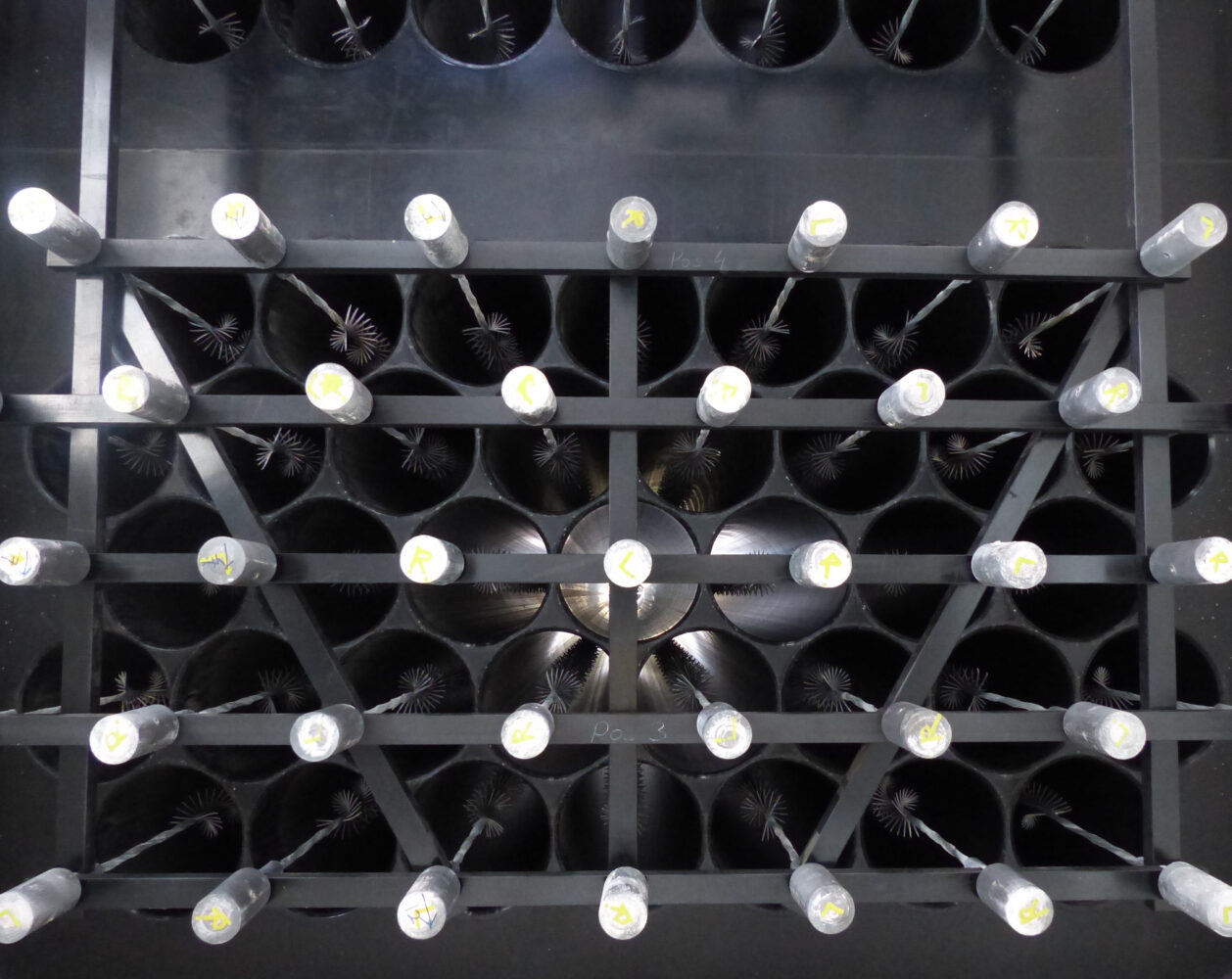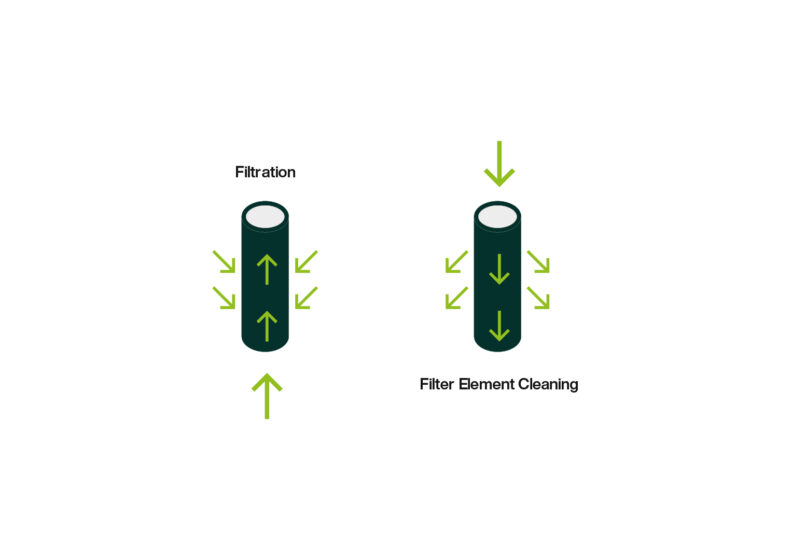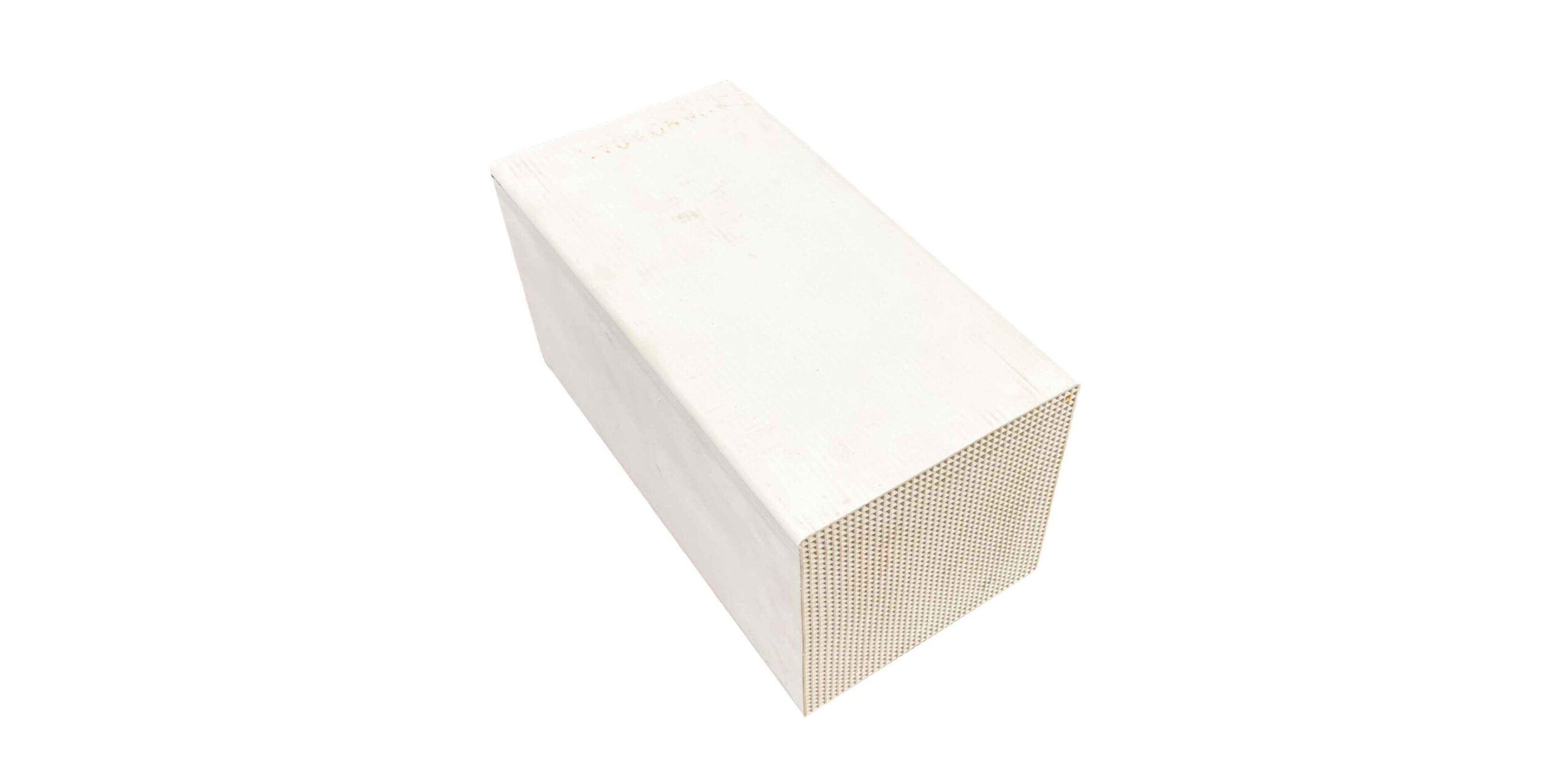KVT specializes in the purification of glycerin, a by-product of biodiesel production
-
Production of high-margin glycerin with purity ranging from 86.5% to 99.7%, including kosher glycerin, sourced from sustainable plant-based raw materials.
-
Minimal by-products thanks to the integrated MONG desalination unit.
-
Use of widely available raw materials.
The product has a wide range of applications in:
-
chemical industry
-
pharmaceutical industry
-
cosmetics industry
-
food processing industry
-
detergents industry
-
plastics and lacquer industry


